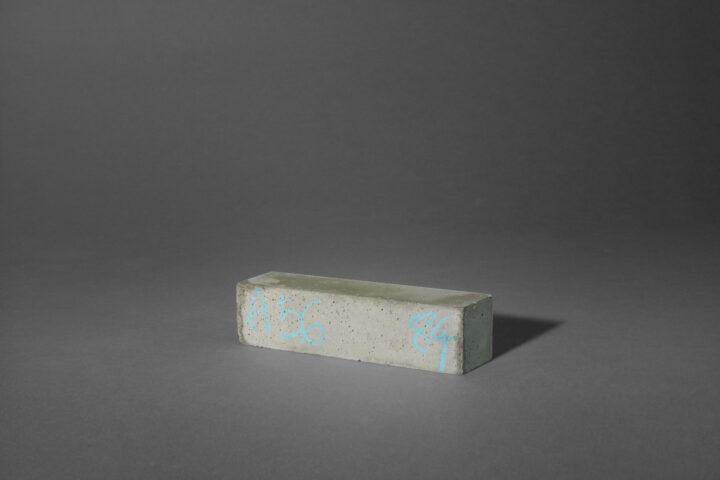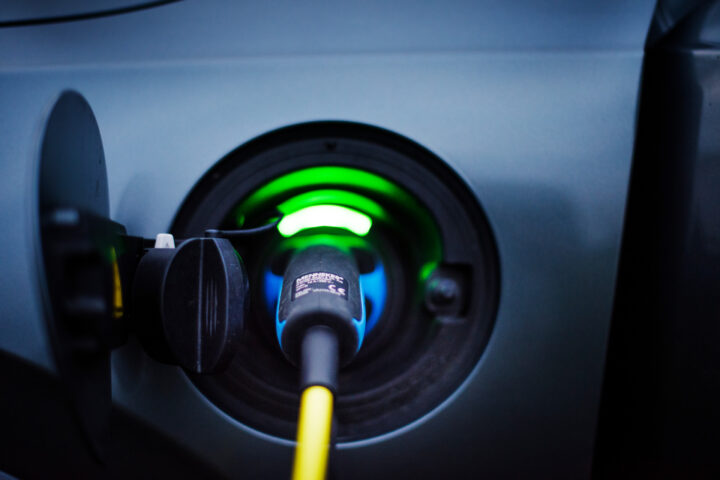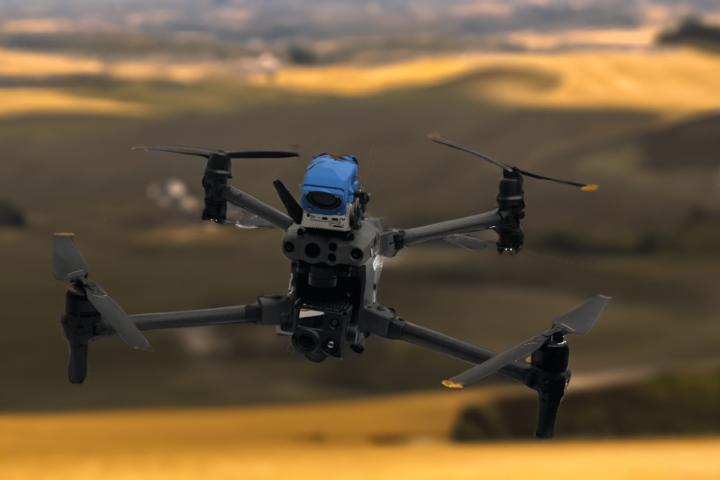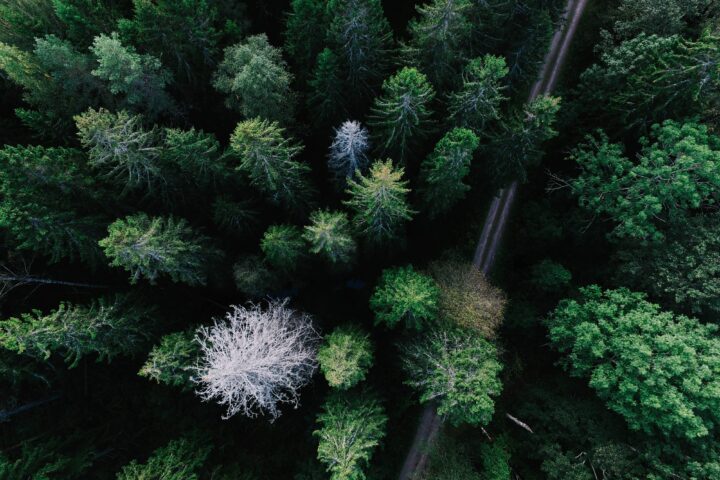As more people move to cities, the need for alternative solutions in food production is growing. Grönska, a young Swedish food tech company, has the vision to create more self-sufficient cities and a sustainable food system by using vertical farming technology.
More than half of the vegetables we eat in Sweden are imported. This creates emissions from transportation and leads to a lack of self-sufficiency in food production. As 80 % of the arable land in Sweden is already cultivated, new solutions are needed to increase local production and use the world’s resources more efficiently.
Grönska wants to be a part of the solution to these growing problems. By producing herbs and vegetables indoor using vertical farming, Grönska can produce millions of vegetables using less land and water and at the same time bring the food closer to the consumers.
Food tech development
Grönska’s vertical farming technology, based on the use of LED lighting and hydroponic watering systems, makes it possible for Grönska to grow herbs and vegetables indoors all year in a cold country like Sweden, without using any pesticides. The technology also enables Grönska to offer sustainable and locally produced food, reducing the need for import. By having developed their own technology, the company has managed to lower the operating costs.
Towards a circular planet
Grönska wants to be sustainable all the way. The pots and covers are made from paper mash and both the pot and soil are compostable. But there is more to it than that.
By using hydroponic watering technology, Grönska is able to save water, at the same time as leakage of important nutrients like phosphorus and nitrogen is minimised. Sludge from biogas plants can be used as a fertilizer, making use of the nutrients in the sludge and creating a circular and sustainable system.
By stacking shelves on top of each other, Grönska uses the cultivating space efficiently, which reduces the exploitation of the land. The need for transportation of foods is also reduced when the production is moved into the cities.
Millions of plants produced
Grönska’s production facility is based in the south of Stockholm in a former heating plant. The facility has the capacity of producing 1,3 million plants every year.
Today, the young company’s ready-made salads and herbs are already sold in over 30 supermarkets in Sweden. Grönska has also partnered up with big companies such as Scandinavian Airlines (SAS) and the Swedish coffeehouse chain Espresso House.
In addition to the focus on large scale farming, Grönska has developed smaller farming modules that can be placed in grocery stores. The concept is called GrowOff by Grönska and works just like a bake-off, but for herbs and microgreens.
The journey of Grönska is far from done. Looking forward, Grönska wants to expand to other cities in both Sweden and Europe and be a part of creating a green and sustainable food system, closer to the consumers.
Contact Grönska here.



